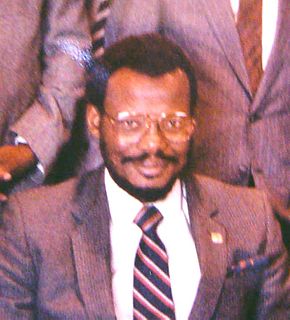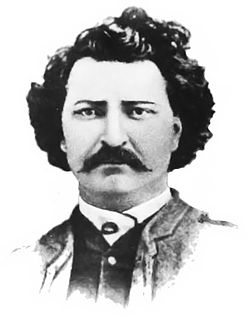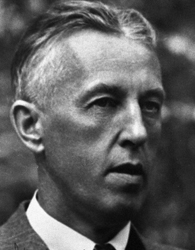A Quote by Louis Farrakhan
They should regard me as what I am. I am a spiritual leader and teacher.
Related Quotes
Teaching a practice can also be a hindrance if it becomes one's identity. To be a spiritual teacher is a temporary function. I'm a spiritual teacher when somebody comes to me and some teaching happens, but the moment they leave I'm no longer a spiritual teacher. If I carry the identity of spiritual teacher, it will cause suffering.
I am very much into politics, but what interests me is sacred principles applied to that area. You know, many people are interested in alternative health who are never going to become doctors, or practitioners. That is how I am about politics. I am interested in the intersection of the Spiritual and the political - how spiritual principles apply to the social and political issues of our day. For me, the spiritual realm, is a more powerful place to speak from on those issues.
No matter how unreasonable others may seem, I am responsible for not reacting negatively. Regardless of what is happening around me I will always have the prerogative, and the responsibility, of choosing what happens within me. I am the creator of my own reality. When I [review my day], I know that I must stop judging others. If I judge others, I am probably judging myself. Whoever is upsetting me most is my best teacher. I have much to learn from him or her, and in my hearts, I should thank that person.
I don't know why you should isolate women in this regard. If you have a traditional leader who says 'I am the sole exclusive ruler, I am the autocrat', it will affect everybody in the area, whether they are men or women. The challenge that South Africa faces, and it is not a new challenge, a whole range of African countries have faced this challenge, is that where you have institutional traditional leadership, which in our country is protected by the Constitution, how does that institution function side by side with a democratic system?



































